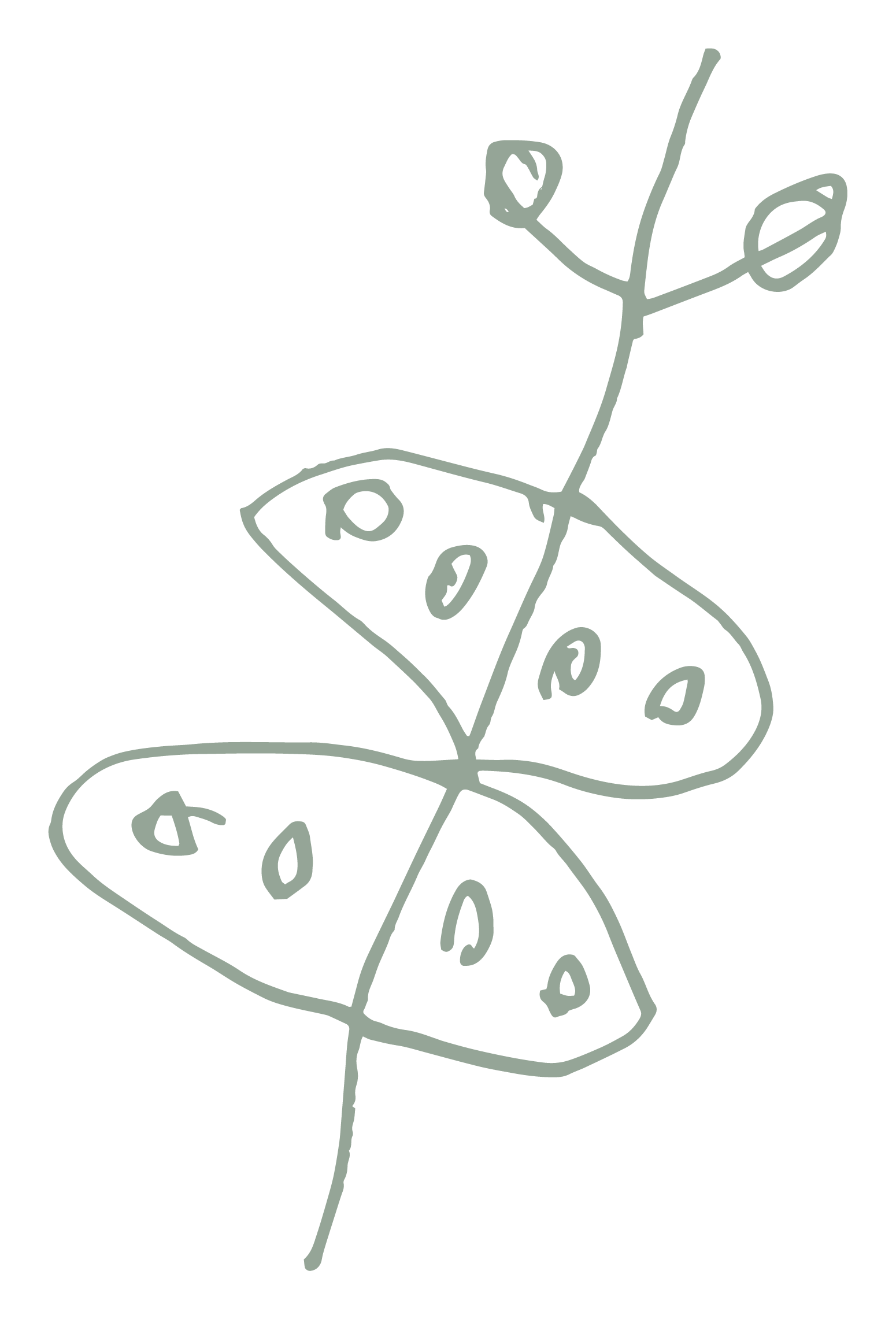
How and where
Rei Kōtuku works
Our clinicians work alongside whānau when they need us the most.
Our clinicians work alongside whānau when they need us the most. We provide compassionate care to pēpi, tamariki, rangatahi and their whānau during the toughest times they are likely to face – caring for their tamariki during their serious illness.
Our goal is for our young patients to live their best possible life, no matter how long that life is. We do this by managing their symptoms in a holistic way – ensuring their physical, psychological, social, spiritual, and cultural wellbeing.
An essential element of that is working alongside other health care providers involved in their care, as well as those in the community in which they live – so, their school, marae and other external agencies.
Our kaupapa is about collaboration. We work with those already working with these young people.
We fully acknowledge the dedicated and heartfelt work clinicians do as they continue to care for these children with complex needs, often putting themselves on call for the good of the whānau without getting paid, fitting home visits into their busy days.
We understand they feel like they are working outside their scope of practice at times, and face painful and sad situations in isolation. We are here to help them, support them to support their young patients.
Rei Kōtuku will continue to work with these amazing people. We will fill any gaps. We will become an additional support. We add a specialist skill set. We collaborate.
Such a collaboration can only benefit everyone – most of all, tamariki and their whānau.

We go to the child
– We travel to our patients and their whānau in the place that’s best for them.
Rei Kōtuku is based in central Wellington and can take referrals from anywhere in the Central Region – Wellington, Hutt Valley, Wairarapa, Whanganui, Palmerston North and Hawke’s Bay.
We are not clinic based – we ‘go where the child is’.
Our Rei Kōtuku team will see tamariki and their whānau wherever is convenient and comfortable for them. This may include outpatient clinics, in their home, at school, on their marae, or in their hospital or critical care settings.
In doing so we ensure seriously ill children can remain in their home, in their own beds, with their own toys, surrounded by those they love most. That’s all part of supporting them to get on with living as best they can.


